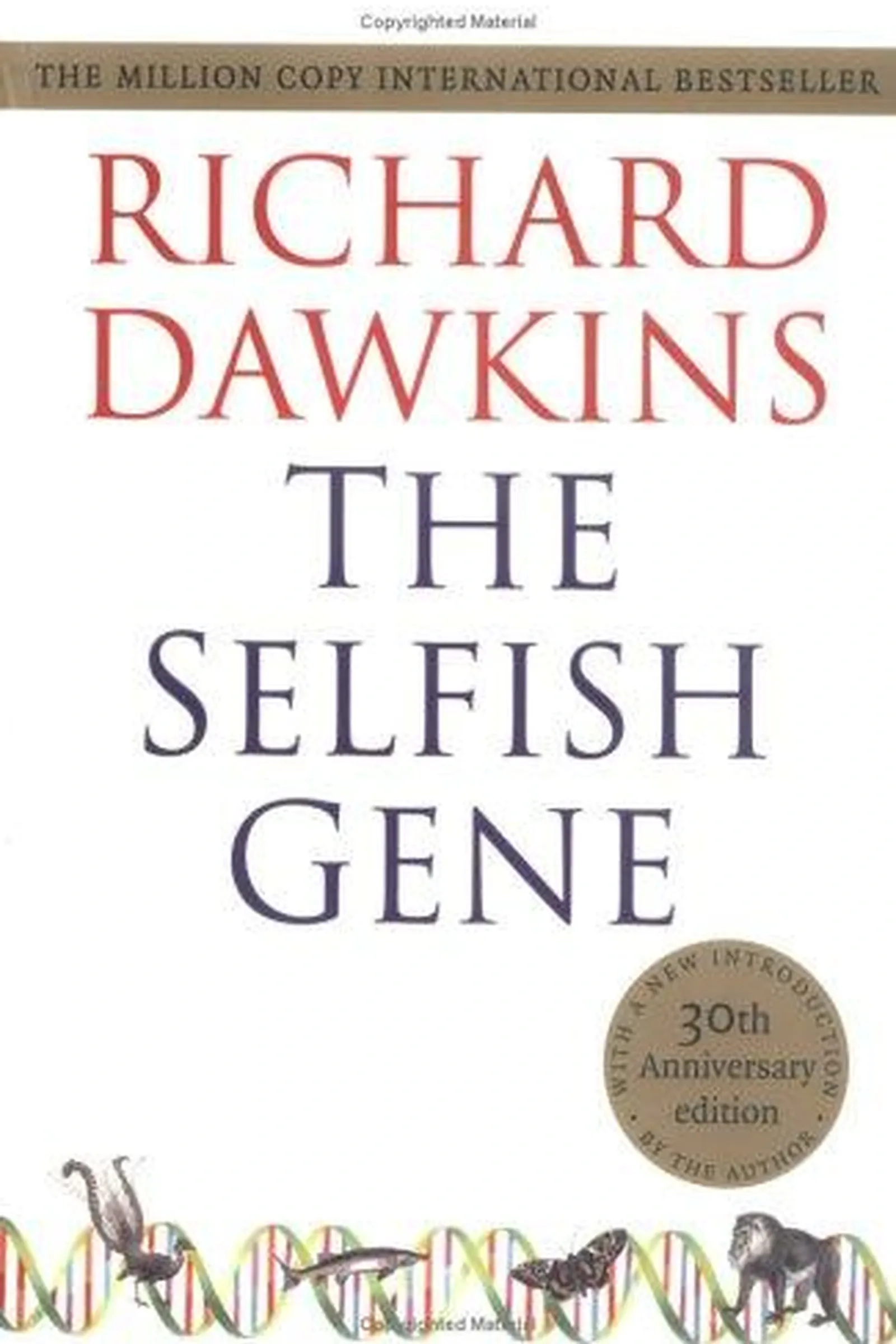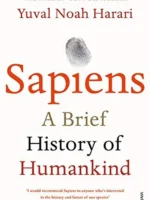The Selfish Gene, Richard Dawkins, 1976
- Author: Richard Dawkins
- Genre: Science
- Publisher: Oxford University Press
- Publication Year: 1976
- Pages: 384
- Format: Paperback
- Language: English
- ISBN: 978-0198788607
- Rating: 4,2 ★★★★☆
The Selfish Gene Review
The Selfish Gene by Richard Dawkins is a landmark in evolutionary thinking. First published in 1976, it reframes evolution through the lens of genes rather than individuals or species. For you, this book offers a clear way to see why organisms behave as they do: cooperation, conflict, parenting, and kindness become strategies with measurable payoffs. It is bold, readable, and still sparks useful debate.
Overview
Dawkins explains natural selection with everyday language and sharp examples. You will see how genes influence behavior by increasing the odds of being copied. The book introduces ideas that entered common speech: kin selection, reciprocal altruism, simple game theory, and memes as cultural analogs of genes. No deep biology background required: the logic builds step by step.
Summary
The core claim is simple: genes endure across generations, so selection acts most directly on them. From that view, animal strategies protect and propagate genetic information. Apparent altruism helps relatives who share genes or it sets up exchanges that pay off later. Parental investment, sibling rivalry, and mating tactics become case studies in cost and benefit. The closing chapters widen the lens to culture: ideas replicate and compete as memes. The result is a toolkit for explaining behavior, not a list of facts to memorize.
Author
Richard Dawkins is an evolutionary biologist and gifted explainer. His style is precise and vivid. You benefit from metaphors that make complex reasoning stick.
Key Themes
You will explore genes as long lived replicators, altruism as strategy, conflict within families when interests diverge, and culture as a second inheritance channel.
Strengths and Weaknesses
Strengths: clean logic, memorable examples, wide influence. Weaknesses: the selfish metaphor can be misread as intent, and a few sections run dense for newcomers. Overall: a powerful frame that still works.
Target Audience
Great for students, educators, and curious readers who want evolution without heavy math. Also useful in psychology, economics, and design where incentives matter.
Favorite Quotes
Short lines stand out: genes are replicators; altruism pays; culture copies too.
Takeaways
For you, the key takeaway is perspective: ask who benefits, when, and at what cost. That habit travels well from biology to everyday life.
| pa_author | Richard Dawkins |
|---|---|
| ISBN | 978-8-590-27019-8 |
| pa_year | 1958 |
| Pages | 306 |
| Language | English |






